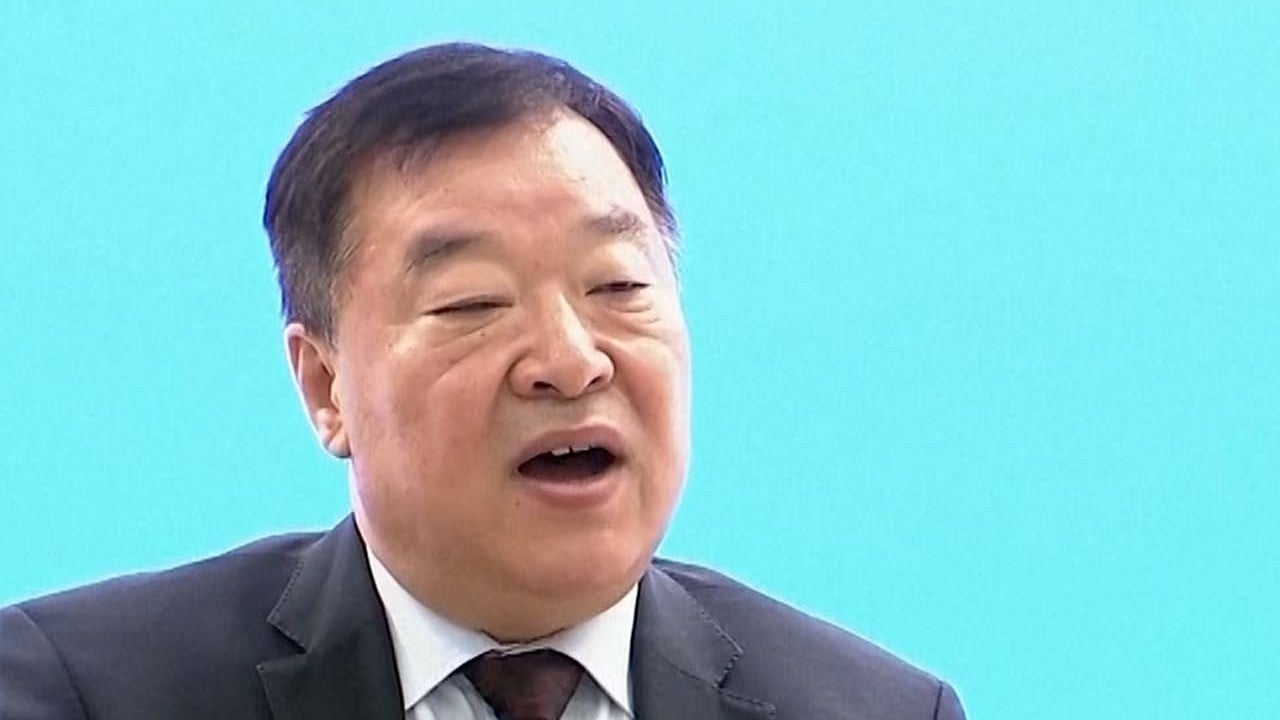
Coronavirus: US screening policy for travellers from China sparks anger, questions on effectiveness
- US, India, Italy and other countries differ from Britain and EU on screening travellers from China
- One US health expert says new screening protocol to have ‘zero effectiveness’
Some are welcoming the long-sequestered mainland Chinese traveller, while others have thrown up screening hurdles. Criticism ensued, with the US coming in for some of the harshest words.
Japan, Italy, India and Taiwan are also requiring tests for travellers from mainland China.
India’s health ministry is also mandating tests for visitors from Japan, South Korea, Singapore, Hong Kong and Thailand, “in view of the evolving Covid-19 situation across the world, particularly in the aforesaid countries”.
There is little doubt that China is being hit hard by the contagion.
More than 80 per cent of Beijing’s 21-plus million residents have likely been infected with Covid-19, according to Zeng Guang, former chief scientist at the Chinese Center for Disease Control and Prevention, who was speaking in a virtual forum on Thursday.
Nonetheless, the decisions by screening countries have sparked nationalistic outrage on Chinese social media, particularly as other countries have deemed such moves unnecessary.
For example, Britain, Indonesia and Australia have decided against them. The European Union’s health agency said on Thursday that the introduction of mandatory Covid screenings of travellers from China was “unjustified”.

Dr Ali Mokdad, a professor at the University of Washington’s Institute for Health Metrics and Evaluation, agreed that screening will not work.
The new US policy, which singles out, China will have “zero effectiveness” in stopping a virus coming to the United States, said Mokdad, a former senior epidemiologist with the US Centres for Disease Control and Prevention.
“If you want to have a policy, then it has to be for every country in the world, otherwise, it does not make any sense,” he said.
“A traveller could go from China to another country and then come to the United States.”
Michael Osterholm, director of the University of Minnesota’s Centre for Infectious Disease Research and Policy, noted that the concern over a new variant emerging from China may be misplaced.
“Variants of concern are likely to most often occur when there’s an evolutionary pressure to evolve, meaning that if you have a population with moderate to high immunity for that virus to survive,” the veteran epidemiologist said.
“But in China, ironically, most people have very little immunity.”
China must import mRNA vaccines to stop Covid-19 ‘disaster’: US health experts
The European Centre for Disease Prevention and Control said it did not currently believe the surge in cases in China would exacerbate the spread of Covid-19 in the EU “given higher population immunity in the EU/EEA, as well as the prior emergence and subsequent replacement of variants currently circulating in China”.
Potential imported infections were “rather low” compared to daily numbers already circulating, which healthcare systems “are currently able to manage”, the agency added.
Regarding the US, Mokdad noted that all the variants currently circulating in China are Omicron subvariants which are already circulating in the country and that “there is no indication of a new immune escape variant that is appearing in China”.
Wu Zunyou, chief epidemiologist at the Chinese Centre for Disease Control and Prevention, said on Thursday that the dominant strain currently found in China is still Omicron, which has nine imported variants prevalent in the country.

Instead of testing arrivals from China, Mokdad said, Western support to China in the form of mRNA vaccines – which Beijing has so far declined – would be more effective in containing the country’s surge in cases. He further encouraged people to self-test and take other precautionary measures such as masking.
Even if a testing policy was applied to all countries, Mokdad noted that “many of the Omicron sub-variants are very hard to detect even by PCR and most people who have Omicron, or some variants of Omicron – about 75 per cent to 80 per cent – are asymptomatic”.
Isaac Stone Fish, founder of the China-focused research firm Strategy Risks, wrote on LinkedIn that the new travel policy keeps “American attention focused on Covid and the pandemic, as opposed to questions of ways of living with the virus”.
He added that the restrictions made it “seem like Chinese people, rather than the Chinese Communist Party, are the real problem”.
The US said on December 20 that it was prepared to donate mRNA vaccines to China, but Chinese foreign ministry spokeswoman Mao Ning dodged a question about accepting any US offers of support.
US drug giant Moderna is in Hong Kong. What are its plans?
Meanwhile, criticism of the US measures surged on various media.
“Double standards! We can only fight against the US and its lackeys, and we have nothing to fear,” a netizen commented Thursday on a Weibo post by the US embassy in Beijing about the new measures.
Beijing News, a government-affiliated newspaper, linked the new travel testing requirements with efforts of decoupling and pushing China out of global supply chains.
Though China announced that it would abandon quarantine for incoming travellers starting on January 8, the country still requires a PCR test within 48 hours of departure.
In contrast, the US allows an antigen self-test, monitored by a provider authorised by the US Food and Drug Administration or other relevant authority, which US-based travellers can purchase before travel to avoid delays in getting test results once they reach China.
Some, however, have accepted the US government’s decision.
Angie Shen, a Chinese graduate student in the US currently visiting family in China said that the new US policy is a “minor” factor in any travel decisions.
“Getting a PCR test is easy and cheap in China. It’s a relatively insignificant requirement.”



